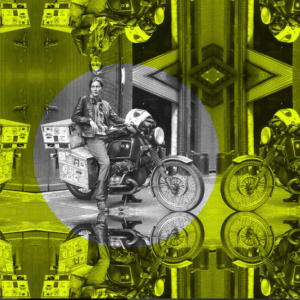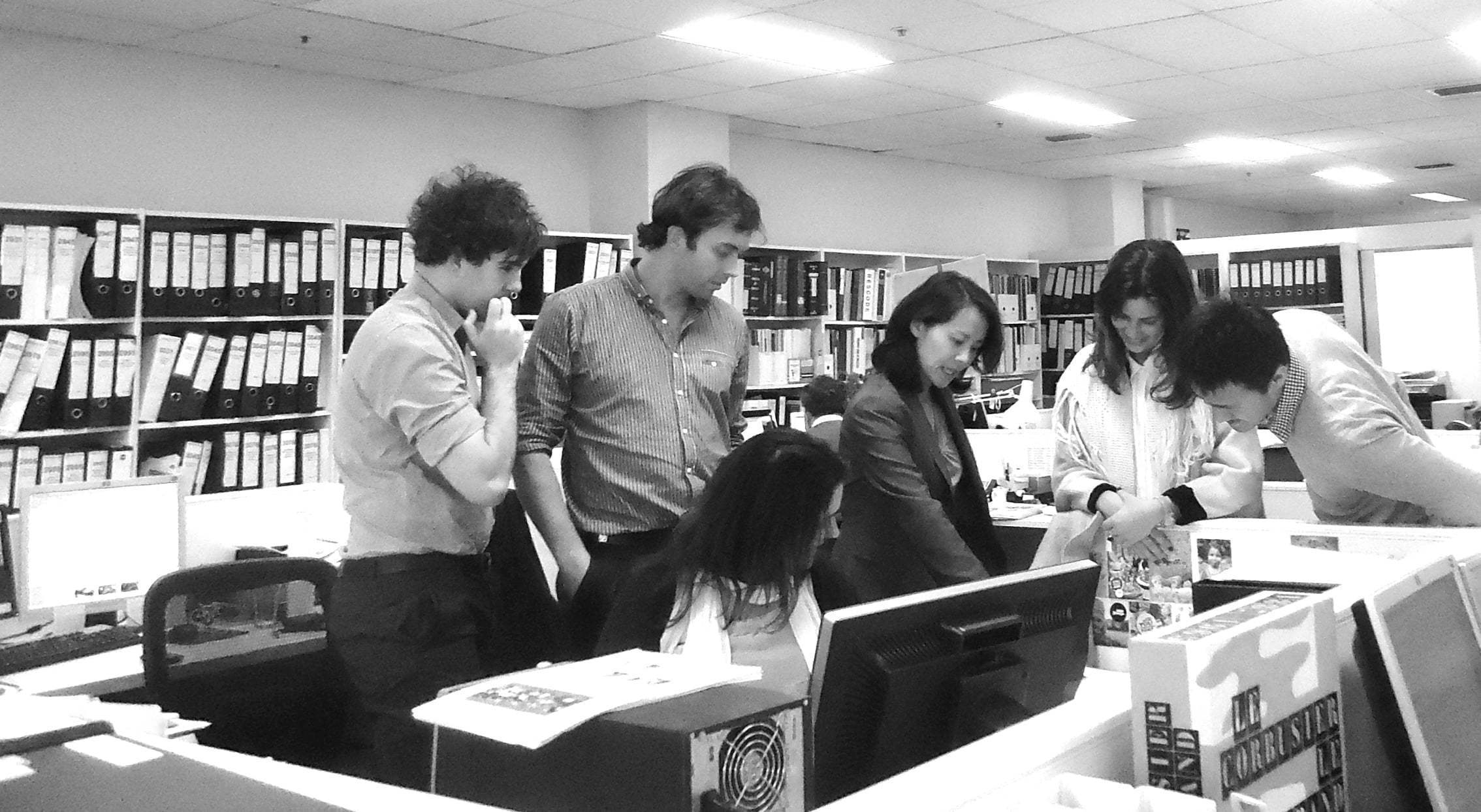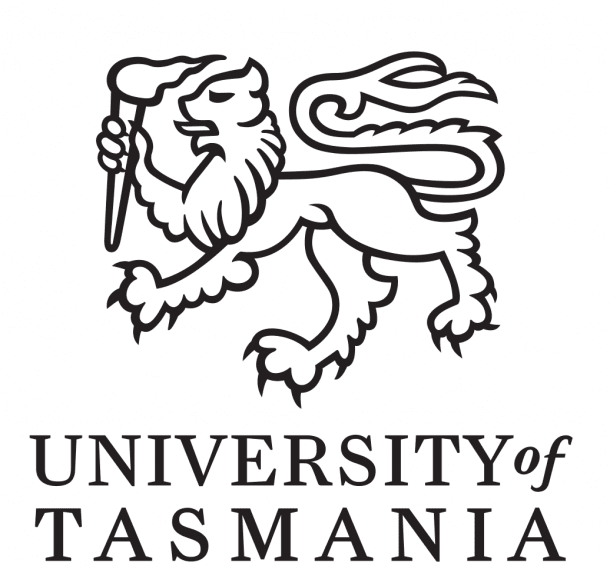Jeanne Lee discusses the importance of mentors, the prevalence of the ‘anti-mentor’ in architectural culture, and the Constructive Mentoring program.
Last year I participated in the Williamson Community Leadership Program, which included a discussion on toxic work environments. During this, one of my colleagues promoted the benefit of the ‘anti-mentor’. I was taken back and challenged by the apparent attack on the value of mentoring.
I have been mentored throughout my professional career by generous, insightful and wise architects and since 2008 I have been a mentor myself through the Constructive Mentoring Program run by the Victorian Chapter of the Australian Institute of Architects. Given these positive experiences, my first reaction was ‘how could anyone promote the anti-mentor?’.
It was quickly explained that an anti-mentor teaches you what NOT to do. An anti-mentor is someone you don’t want to become and whom you define yourself against.
Our lives in architectural practice are filled with derisive comments: “you will need to figure it out”, “you need to toughen up”, “what’s wrong with you” and “that is not good enough”. This old-school way of architectural learning – based on the ‘school of hard knocks’ and ‘what is good enough for me is good enough for you’ mentality – is a characteristic of the anti-mentor.
I strongly argue that ‘doing it hard and tough’ is an inadequate way to learn, one that provides a limited pathway to recognition and success. From university days and into our professional lives, architects seem to seek a badge of honour through working long hours, working on weekends and living and breathing the architectural work.
This pattern of behaviour is not sustainable and can quickly lead to disillusionment and burn out. It is disappointing that our profession does not place significant value or worth on learning through positive experiences. Mentoring is one important way to change this.
At this year’s launch for the Constructive Mentoring program in April, we were privileged to have Maggie Edmond of Edmond and Corrigan, Shelley Penn of Shelley Penn Architects, Anna Maskiell of SKM S2F and Sarah Rees of SONA address the provocative topic: ‘Presuming Women have Equality Now, Imagine the Future’.
The response from our speakers was diverse, intriguing and multi-faceted, including Maggie Edmond’s impassioned speech about the forgotten Great Women of Architecture, Shelley Penn’s commitment to new forms of practice and the importance of choice, Anna Maskiell’s challenge for affirmative action in the promotion of women architects and Sarah Rees’ reflections on the influence of strong women role models. Together, these captured the compelling issues facing women architects today.
Recognition, opportunity, equity and success are at the heart of most architects’ aspirations as they navigate their professional development and career progression.
The Constructive Mentoring program provides an important platform for emerging architectural practitioners to access advice from experienced architects who are willing to share knowledge and to provide support, advice and perspective in the professional and personal development of the individual. As Eli Giannini, a mentor in the program from 2009 to 2012 comments:
Experience is the stuff of mentoring. It’s difficult to have perspective and understand the bigger picture when we have limited experience. Mentoring offers a window to the wider world and in reverse it helps those of some experience to keep from ossifying. Mentoring can be as simple as just being there, doing what you do to the best of your ability, for those around to see, or a much more active relationship which comes close to a friendship.
A mentor’s a genuine interest to help and a mentee’s willingness to learn is the vital ingredient of mentoring partnerships. As another mentor, Rosemary Burne, observes:
It is a privilege to be in the role of a mentor and to support the next generation of architects. To quote nineteenth-century British Prime Minister Benjamin Disraeli, “The greatest good you can do for another is not just to share your riches but to reveal to him his own”.
The mentoring space is a powerful collective space in which stories and experiences are shared, and the individual experience valued and recognised for its contribution to the collective consciousness.
























2 comments
elementalina says:
May 14, 2013
I think the mentoring program is a fabulous initiative – especially beneficial for young sole practitioners such as myself. I was trying to find information online about if it is still up and running, but can’t find anything current for Victoria…?
Justine says:
May 14, 2013
Hi, I am pretty sure that the Victoria Chapter of the Australian Institue of Architects is still running its mentoring program. Maybe give then a call.